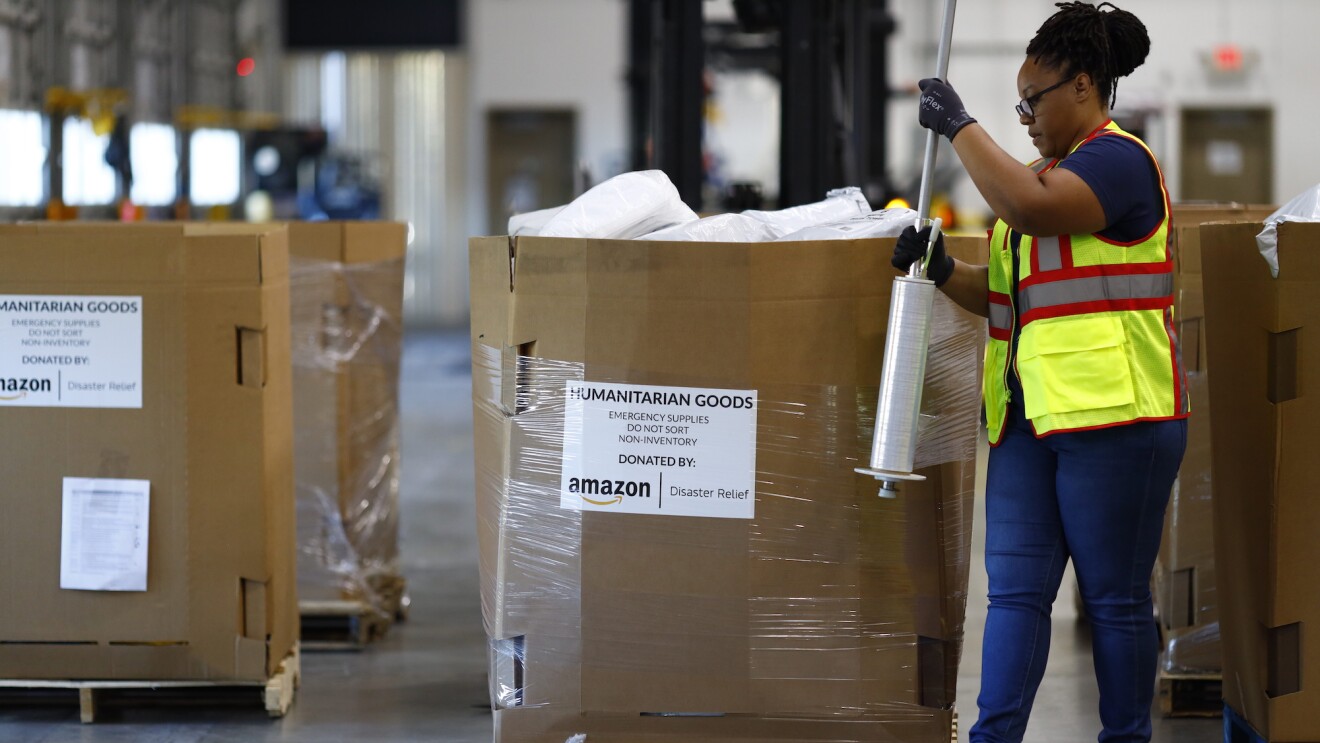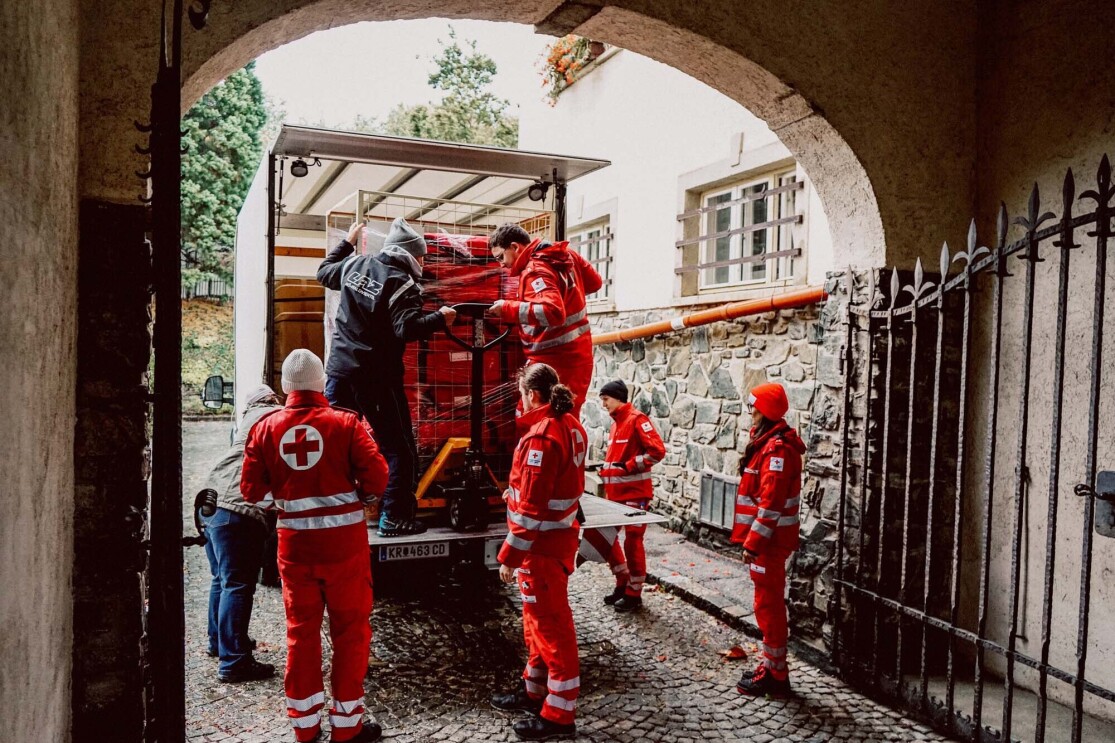Updated on March 8 to include the fact that AWS is no longer accepting new sign-ups based in Russia or Belarus.
Alongside supplying humanitarian relief and support to Non-Governmental Organizations (NGOs), to help those affected by the violence, AWS has been working closely with Ukrainian customers and partners to keep their applications secure. Teams of Account Managers, Security Specialists, Solutions Architects, and other technical professionals are working around the clock to help customers and partners at this critical time. We are helping these customers employ security best practices, through following our Well-Architected Framework, to ensure that workloads are protected. In other cases, we are building and supplying technical services and tools to customers in Ukraine to help them securely migrate their on-premises infrastructure onto AWS in order to protect it from any potential physical or virtual attack.
For several weeks, we have been partnering closely with Ukrainian IT organizations to fend off attacks and working with organizations in Ukraine, and around the world, to share real-time, relevant intelligence. As a result, our teams have seen new malware signatures and activity from a number of state actors we monitor. As this activity has ramped up, our teams and technologies detected the threats, learned the patterns, and placed remediation tools directly into the hands of customers. As always, our teams are constantly learning from the intelligence we collect to continue evolving protections for our infrastructure. We employ a ‘follow the sun’ model where our teams track new threat intelligence 24/7 and are able to quickly respond to issues. Our security teams are sharing this intelligence with governments and IT organizations that we partner closely with from Europe, North America, and around the world to equip critical infrastructure owners and operators with additional information to protect their facilities.
While we are seeing an increase in activity of malicious state actors, we are also seeing a higher operational tempo by other malicious actors. We have seen several situations where malware has been specifically targeted at charities, NGOs, and other aid organizations in order to spread confusion and cause disruption. In these particularly egregious cases, malware has been targeted at disrupting medical supplies, food, and clothing relief. We’ll continue to work hard to protect these customers and will continue to work closely with them as they carry out their much-needed work to help those impacted by this terrible conflict.
Our public sector teams partner closely with governments to understand their security needs, responding quickly with support and guidance. In the lead up to this conflict, we consulted with the Ukrainian government, nations across the European Union, the European Commission, the U.S. government, NATO, and other organizations. AWS remains committed to providing security expertise and support, as mentioned in Amazon's CEO Andy Jassy’s message on Twitter to the people of Ukraine.
Unlike other U.S. technology providers, AWS has no data centers, infrastructure, or offices in Russia, and we have a long-standing policy of not doing business with the Russian government. We have also stopped allowing new sign-ups for AWS in Russia and Belarus. Our biggest customers using AWS in Russia are companies who are headquartered outside of the country and have some development teams there. AWS has clear terms of service where if a customer is using AWS services to threaten, incite, promote, or actively encourage violence, terrorism, or other serious harm, they will not be permitted to use our services. Any customer we know of who is participating in this type of behavior will have their access to AWS suspended.
As this conflict continues, AWS and Amazon are actively assisting and will carry on doing so into the future for both the people of Ukraine and around the world. We will continue working to support the relief efforts and to bring our security expertise and services to help to everyone that needs them.
We will also continue to share updates and progress on our efforts.
Trending news and stories







